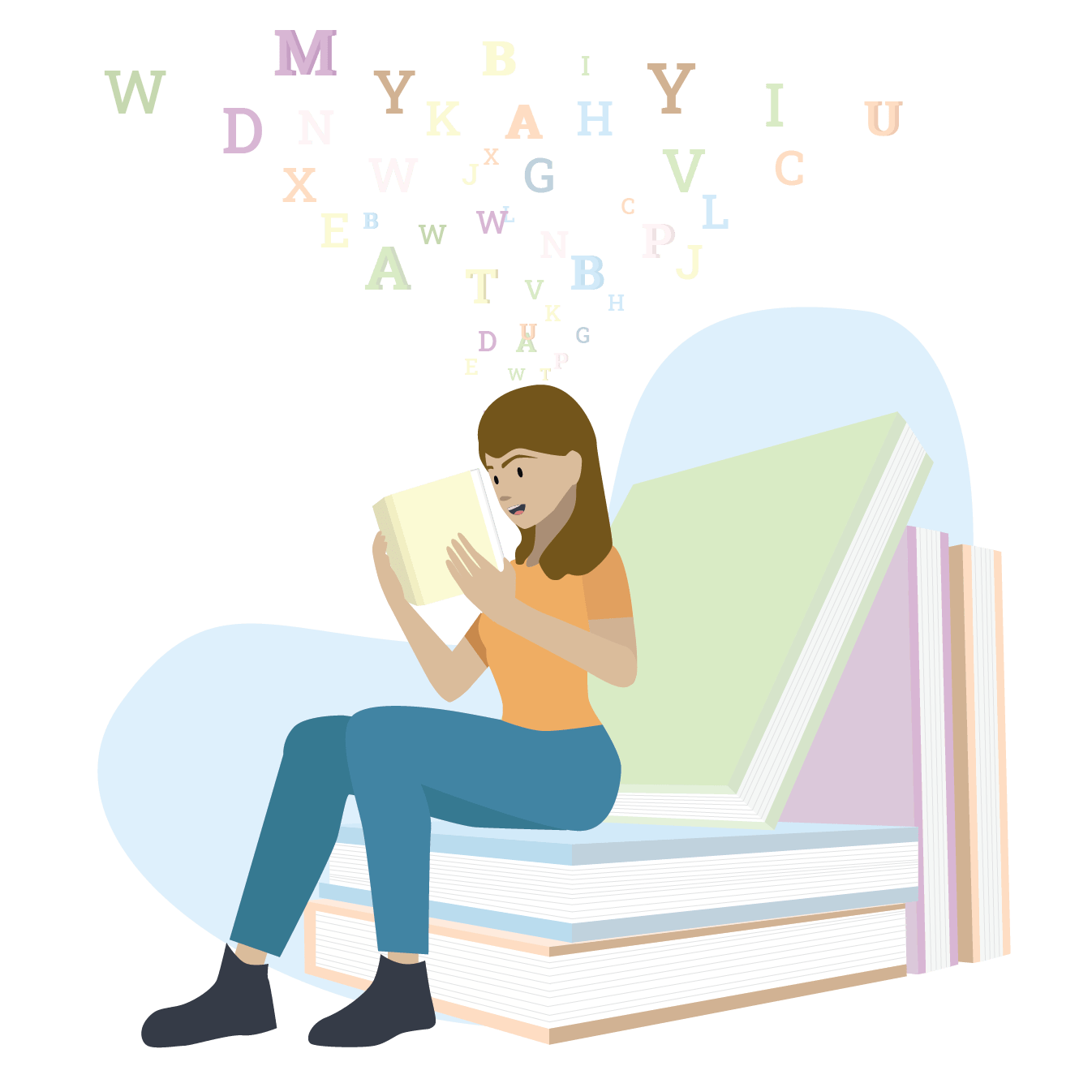
Hyperlexia
Hyperlexia is a fascination with letters and numbers. People with hyperlexia have an innate ability to decode or sound out words very quickly and are commonly known as “super readers”. They generally have a very good auditory and visual memory.
What is Hyperlexia?
Hyperlexia is a fascination with letters and numbers. People with hyperlexia have an innate ability to decode or sound out words very quickly and are commonly known as “super readers”. They generally have a very good auditory and visual memory.
While they can read well, they may have verbal communication skills that are below their age level. Reading comprehension can be difficult for some with hyperlexia.
A person with hyperlexia is excellent at memorising and quick to learn rules and patterns.
While they can read well, they may have verbal communication skills that are below their age level. Reading comprehension can be difficult for some with hyperlexia.
A person with hyperlexia is excellent at memorising and quick to learn rules and patterns.
What causes Hyperlexia?
There are three different types of hyperlexia, each with different potential causes.
- Hyperlexia one - children with no underlying disabilities learn to read early on and above their age level. Other children eventually catch up, making this a temporary form of hyperlexia.
- Hyperlexia two - a type of hyperlexia that appears in children that also have autism. Caused by an obsession with numbers and letters that leads to a much higher reading level than their age.
- Hyperlexia three - this form of hyperlexia decreases over time. Those with hyperlexia three will have exceptional reading skills but may fall behind in verbal communication. However, over time, these symptoms will disappear.
What are the signs of Hyperlexia?
The most common sign of hyperlexia in children is exceptional reading comprehension far above their current age.
However, there are other signs to look out for:
- Fascination with numbers and letters
- Extremely good auditory and visual memory
- Sensory sensitivity
- Struggle with verbal communication
- Children with hyperlexia may prefer books to toys and games
- Word repetition
It’s important to understand that not all people with hyperlexia have autism and vice versa. It’s vital to be diagnosed by a professional as hyperlexia two and three both have very similar symptoms. Only hyperlexia two is present in those with autism.
Common Hyperlexia strengths
Examples of good jobs for people with Hyperlexia
- Researcher
- Analysts
- Banking and Finance
- Musician
- Anthropology
- Archeology
How is Hyperlexia treated?
People with hyperlexia one don’t require treatment as it’s not a disorder. Those with hyperlexia two and three can benefit from a variety of therapy treatments.
Speech and language therapy aims to improve both language and social skills of those with hyperlexia, helping with verbal communication. Each treatment plan will differ but they’ll focus on areas such as social skills, language skills and writing and speaking.
Occupational therapy will be tailored to each individual with hyperlexia. It’ll focus on any areas that may pose difficulties, including:
Speech and language therapy aims to improve both language and social skills of those with hyperlexia, helping with verbal communication. Each treatment plan will differ but they’ll focus on areas such as social skills, language skills and writing and speaking.
Occupational therapy will be tailored to each individual with hyperlexia. It’ll focus on any areas that may pose difficulties, including:
- Self-care
- Participating in social activities
- Writing
- Responding to sensory stimulation
- Speaking in front of others
